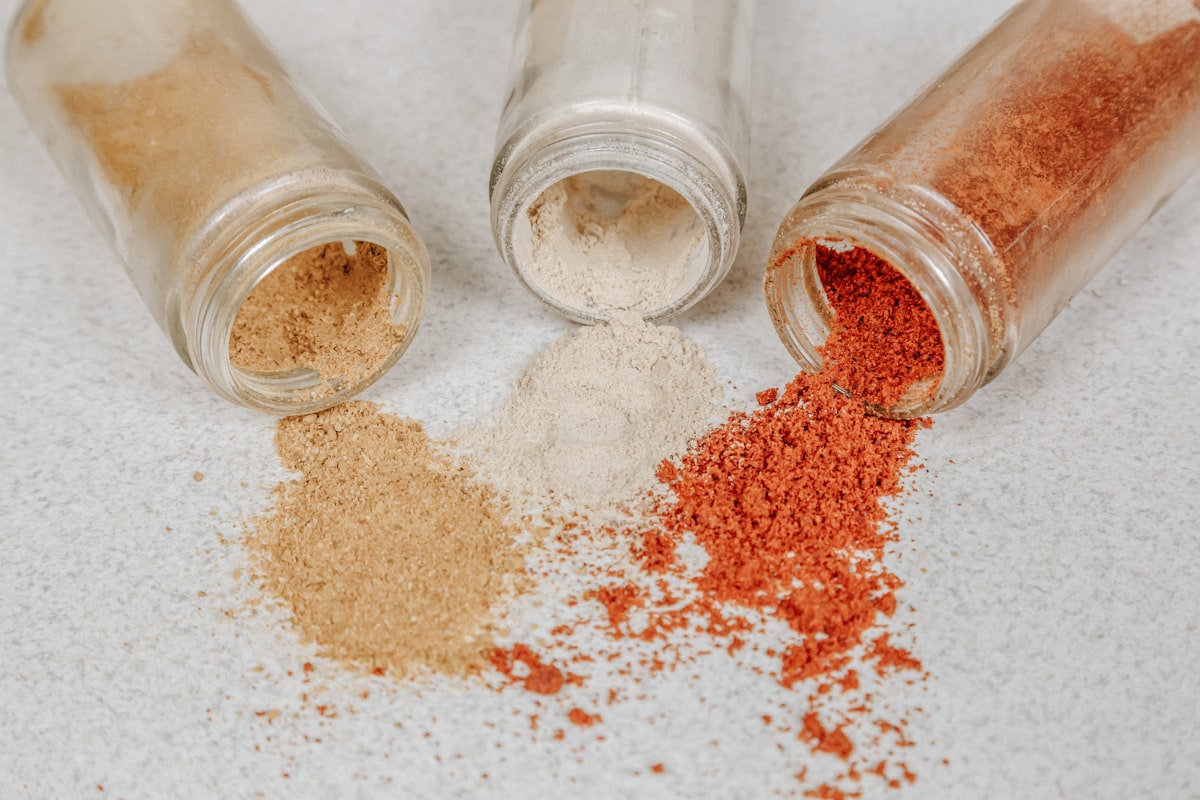Be careful how you season your food
See the explanation of how we can prevent the excessive intake of sugars, fats, and calories in the accompaniment of food.

See the explanation of how we can prevent the excessive intake of sugars, fats, and calories in the accompaniment of food.


Mexico's sugarcane industry thrives through remarkable cooperation between growers, millers, and industrialists, boosting yields and contributing to food sovereignty. Their success includes social security for all workers and innovation in producing sugar, biofuels, and rum.

In 1968, the Mexican army besieged Ciudad Universitaria, arresting 1,500+ students, teachers, and staff. 10,000 troops targeted the National Strike Council (CNH). The operation, involving the Olimpia Battalion and DFS (political police), led to imprisonment and disappearances.

Mexico City launches a pilot hydrothermal carbonization plant to convert organic waste into valuable resources. The first module processes 72 tons of waste daily, producing hydrochar (a coal alternative) and fertilizer, reducing CO2 emissions by 24,600 tons/year.

Starting in 2025, the TAOS II project in Mexico will hunt for trans-Neptunian objects (TNOs) using stellar occultation. Three robotic telescopes will monitor 10,000 stars simultaneously, detecting the brief dimming caused by TNOs passing in front.